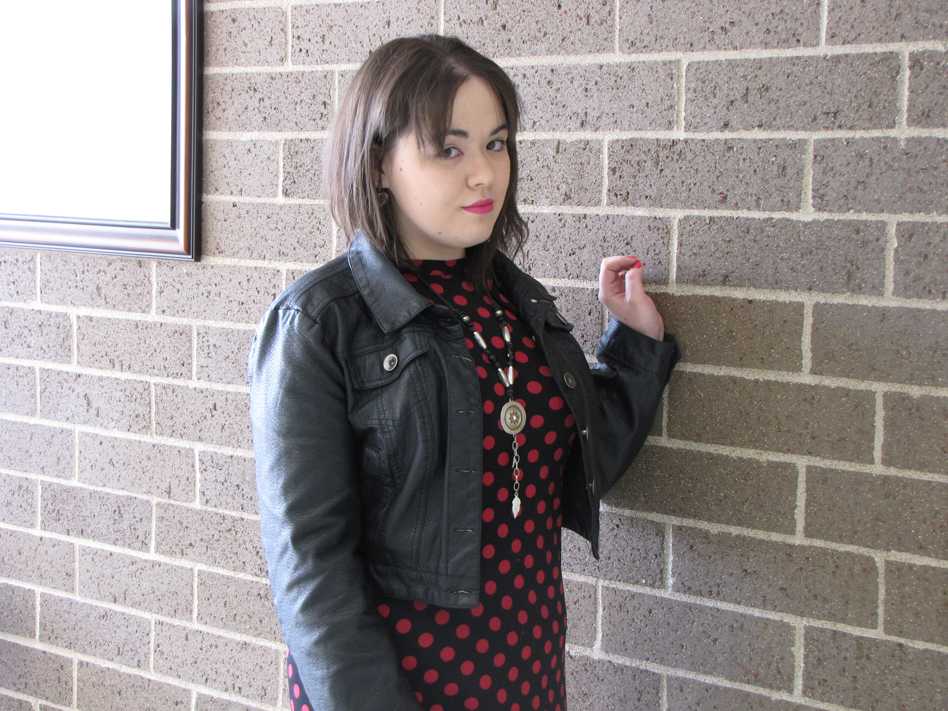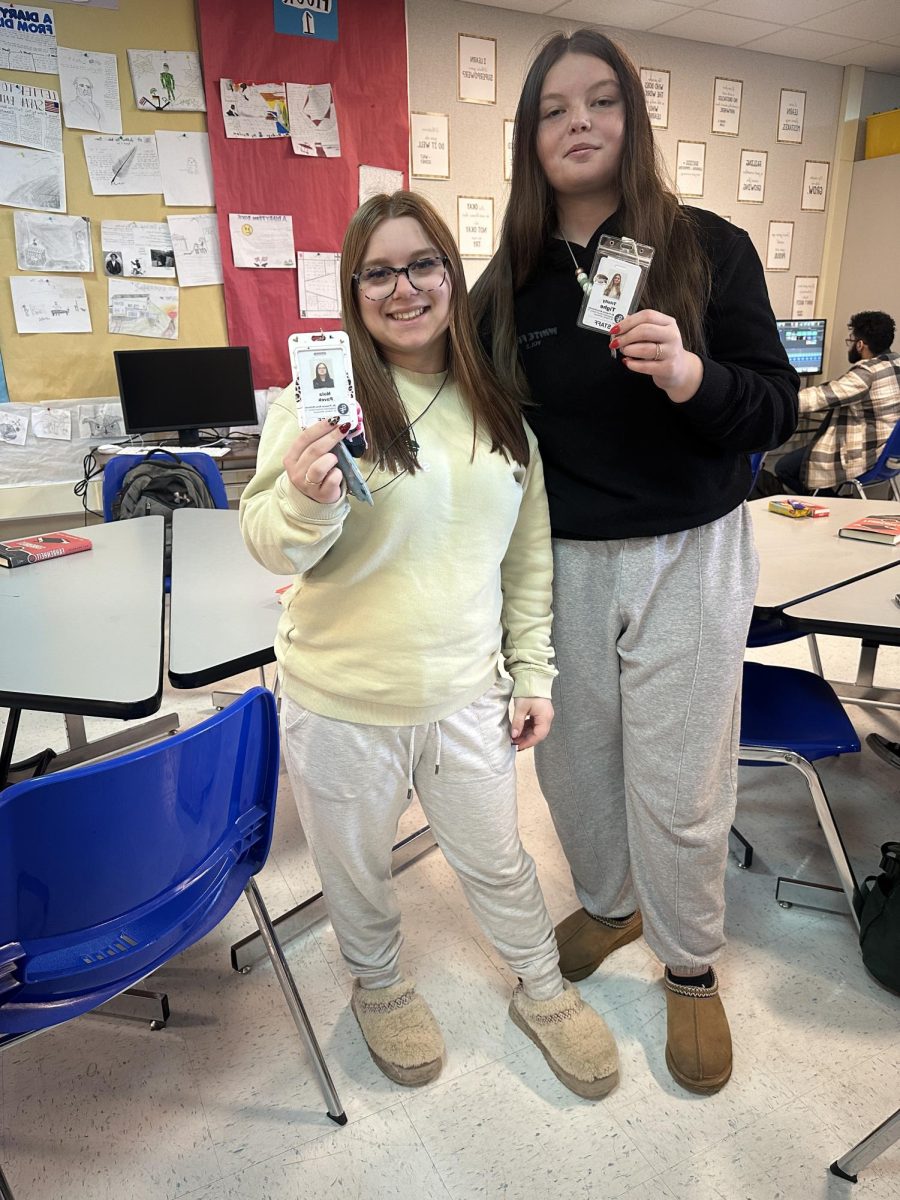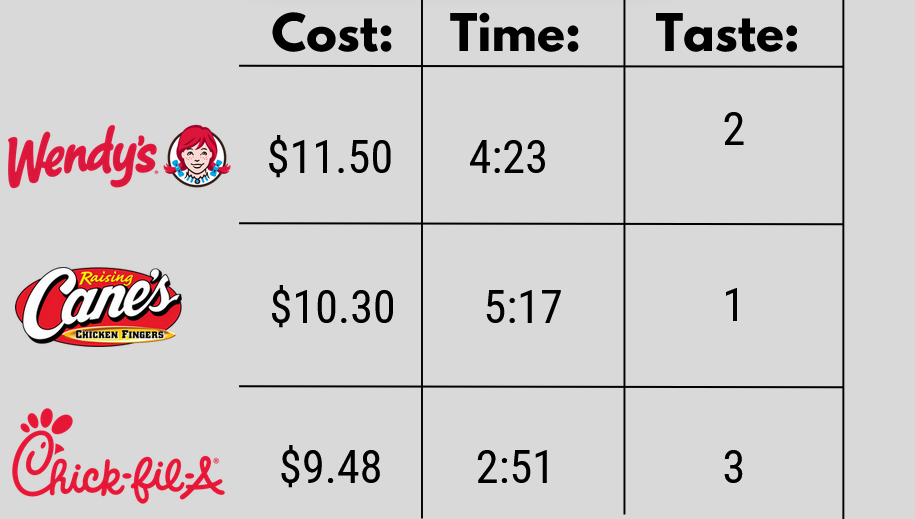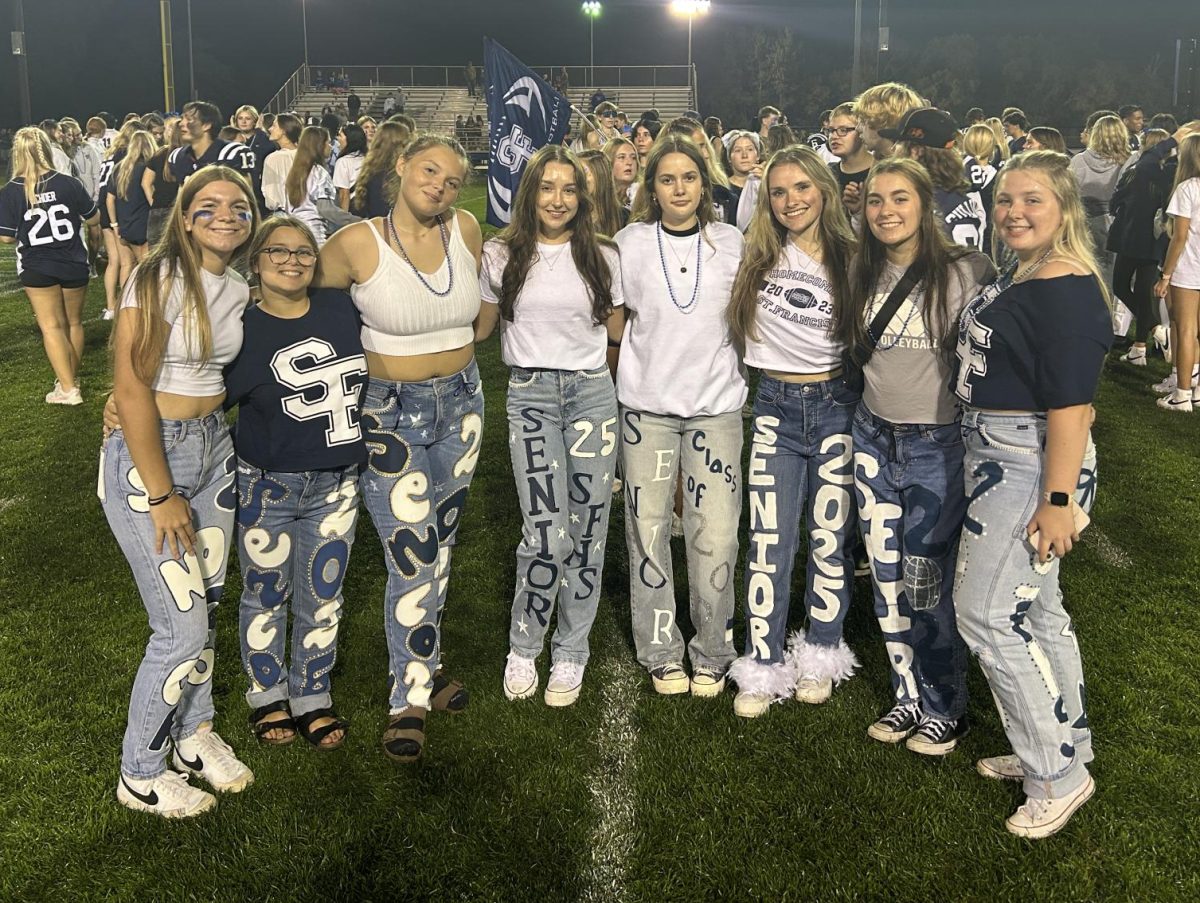Statistics say that the number of people reading books – not magazines or newspapers – has recently increased. It’s a surprising fact, as the tempo of life gets faster, and it seems as people don’t have any free time. I think we can attribute this to the development of technologies: e-books, i-pods and all that fun stuff we’re saving money to buy, or – convince our parents to do so.
Ray Bradbury once said: “I’ve got my education in the library, for absolutely nothing.” Nowadays people, whose ancestors have struggled fighting for the right to be educated at school, sometimes complain that it takes too much time. Knowledge, in fact, has become a product we use to get into a good college, and hence – be more competitive on the job market.
So let’s be honest and confess in that majority of modern students read books that are required by the school program. Some of them, meanwhile, read manga, comics or what we call “easy read”: stories with not complicated story lines, written with usage of contemporary language with which nobody has difficulties of understanding.
There’s a conclusion: reading as the method of educating oneself is losing. Now here is the question: is it a good or bad thing? Somebody may argue that it has only one answer, but if to look at it objectively, essentially there is no wrong or right one.
A lot of customary things that people centuries ago were used to are vanished now. They faded to the past, as they had never existed. Thinking about it, everybody can find some bright examples: video tapes, pen and ink, corsets – the list goes on. Isn’t then books the same exact thing? TV will happily replace it as a source of entertainment. Every invention will be replaced eventually; it’s a historical fact.
However if we imagine the world where a single soul hasn’t held a book in hands: not simply to read it, but to feel its rough surface under the fingertips, inhale the aroma of pages bringing a story that has never been told before, – we don’t see it the way it is right now. Because when books were created, it was done with a purpose to preserve knowledge and to share it with future generations.
When somebody asks us where we’ve learned everything we know, we refer to our schools and teachers, and parents and friends. But where did they learn all this? TV? Well, where have TV anchors got that information from?
Wherever we go, puzzled with this chain of questions, we arrive to the same answer.
Perhaps, if you treat every book as a storyteller who has been wandering all over the world for centuries and has accidentally landed at your place, it’ll make you feel a little bit better about your next school reading assignment.







